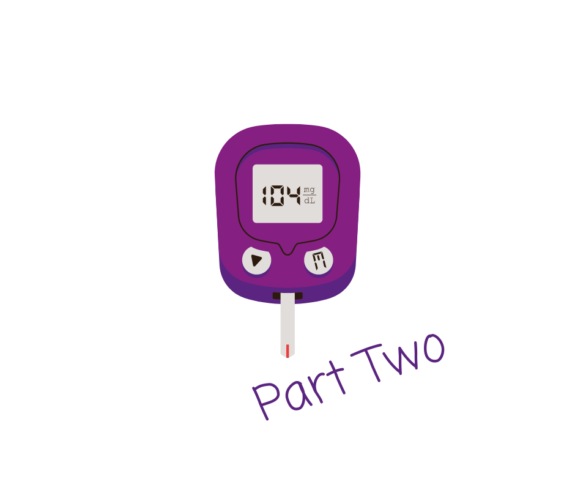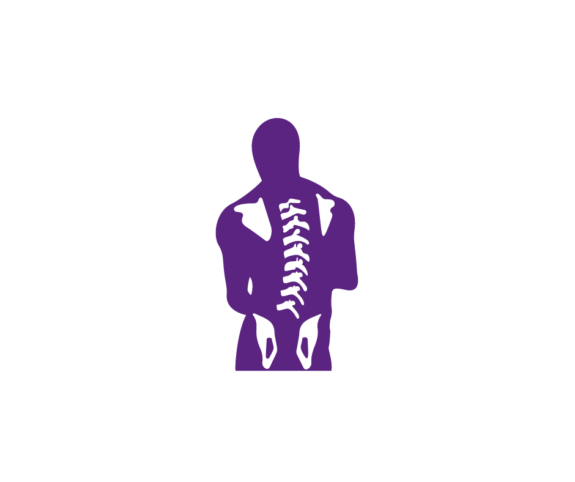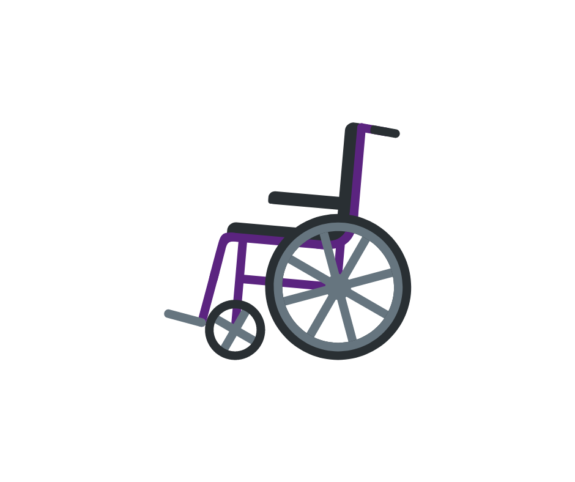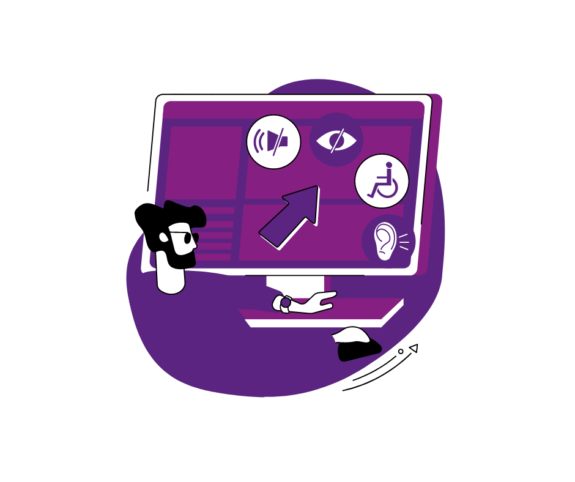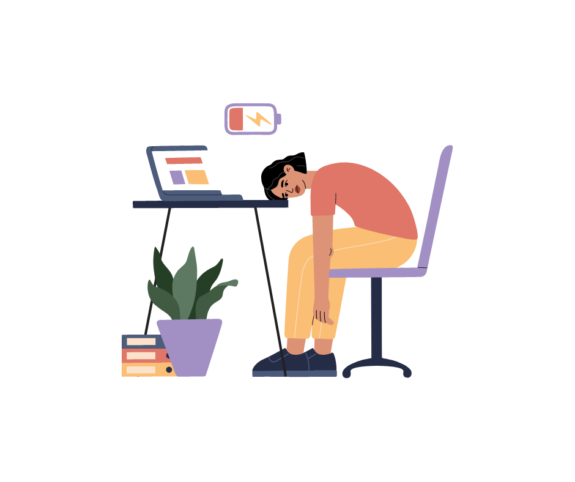With hidden or invisible illnesses accounting for 70% of disabilities in the U.K., we thought we’d take a look at some of the conditions that our clients have to deal with on a daily basis. This month, we’re taking a look at Fibromyalgia, a chronic condition that is currently thought to affect 1.5 – 2 million people in the UK and 2.7% of the population worldwide. However, both of these figures are only estimations as approximately two-thirds of cases are misdiagnosed and many more simply not reported.
The majority of sufferers find it develops between the ages of thirty and fifty, although it can happen at any age, and is even known to have affected children. More commonly found in women, who are seven times more likely to be diagnosed with the condition than men, it’s a frustrating condition as it’s not always easy to get a diagnosis. It’s believed that over a quarter of doctors who treat people with fibromyalgia don’t believe it is a real, legitimate condition, causing sufferers much stress and anger.
So what is Fibromyalgia?
Fibromyalgia (FM) is a condition that causes chronic pain in the muscles, tendons and ligaments, along with fatigue and other debilitating symptoms. The pain is described as being unrelenting and constant and can often only be managed with medication and lifestyle changes. There is currently no cure.
What are the symptoms?
The main symptoms of FM are pain and fatigue, but other symptoms can develop with the severity varying from person to person.
Pain. Pain is the main contributor and can occur all over the body. There are particular pressure points for people with FM with the neck, back and arms being the most painful. The pain is usually constant and can feel like an ache, a burning sensation or a sharp, stabbing sensation.
The pain felt by FM sufferers is disproportionate to the situation. For example, a gentle touch can feel like a hard punch and last longer than expected. This kind of extreme sensitivity can also be described as hyperalgesia or allodynia.
Fatigue. Fatigue and tiredness are quite common and can be caused by the pain itself preventing restful sleep. FM can also disrupt sleeping patterns making it more difficult to get a good night’s rest. Similarly to M.E. it can come on without warning or be caused by only a small amount of activity. This can affect concentration and focus contributing to brain fog.
Other reported symptoms include:
-
Headaches.
-
Stiffness all over the body, particularly in the mornings
-
Cognitive issues also known as ‘Fibro Fog’.
-
Dizziness and clumsiness.
-
An inability to properly regulate body temperature.
-
Restless Leg Syndrome.
-
Mental Health issues such as Depression and Anxiety.
-
Painful periods.
-
Pins and needles in the fingers and toes.
-
FM can also be found alongside conditions like M.E. and Irritable Bowel Syndrome.
What causes Fibromyalgia?
No one is really sure what the main cause of FM is although there are several theories in place. Some people develop FM after a viral infection and in some cases, it is thought to have been triggered by a particularly stressful event like childbirth, medical procedures, extreme stress and bereavement.
Whatever the initial trigger, it is widely accepted that the problem lies within the central nervous system and the neurotransmitters that carry messages from the CNS to the brain. Research has shown that there is an increased amount of a protein called ‘substance P’, which is not just a neurotransmitter but also a neuromodulator, meaning it is able to modify the signals the brain gets. This increase in FM sufferers means that pain signals are being sent to the brain when actually, there is no pain, however, the brain is not imagining this pain. It believes it to be very real and reacts accordingly.
How do you treat Fibromyalgia?
Typically treatments focus on relieving the symptoms through the use of medication; painkillers, anti-depressants, muscle relaxants and anticonvulsants. However, it’s not really fixing the correct problem. If the issue is in the neurotransmitters and not the muscles, then painkillers are a temporary fix. There is definitely more research needed in order to find a more permanent solution.
As FM can also affect mental health, talking therapies like Cognitive Behavioural Therapy (CBT) are often recommended in conjunction with medication. While they don’t necessarily take away the pain or fatigue, many sufferers have found them useful in learning how to adapt and cope with a new reality. Living with constant pain is exhausting in every way and can usually mean lifestyle and sometimes career changes have to be made.
It has also been suggested that exercise can offer some benefits but this is very much down to the individual. Too much exercise can worsen symptoms and cause a flare or even a relapse so should really be conducted with the advice of a doctor or physiotherapist.
How can I support someone with Fibromyalgia?
FM is a hidden condition, which means that there are no outward signs of problems. The main thing you can do to support someone is to listen to them and be understanding of their limitations. If it’s a new diagnosis it can feel frustrating to not be able to do all the things you used to do with your loved one, but it is a million times more frustrating for them. Their whole life has been turned upside down and it’s going to follow them around forever. They may become depressed, anxious or short-tempered so patience and empathy are key.
If you’d like to learn more about Fibromyalgia or how to support someone with the condition, then please check out some of the resources below.
https://www.nhs.uk/conditions/fibromyalgia/
https://patient.info/signs-symptoms/tiredness-fatigue/fibromyalgia
https://www.bupa.co.uk/health-information/brain-nervous-system/fibromyalgia
http://www.fibromyalgiasyndrome.co.uk/living-fibromyalgia.html
https://www.verywellhealth.com/a-day-in-my-life-with-fibromyalgia-715591
https://www.bbc.co.uk/news/disability-56536589
https://disturbmenot.co/fibromyalgia-statistics/
https://www.nrshealthcare.co.uk/articles/condition/fibromyalgia

